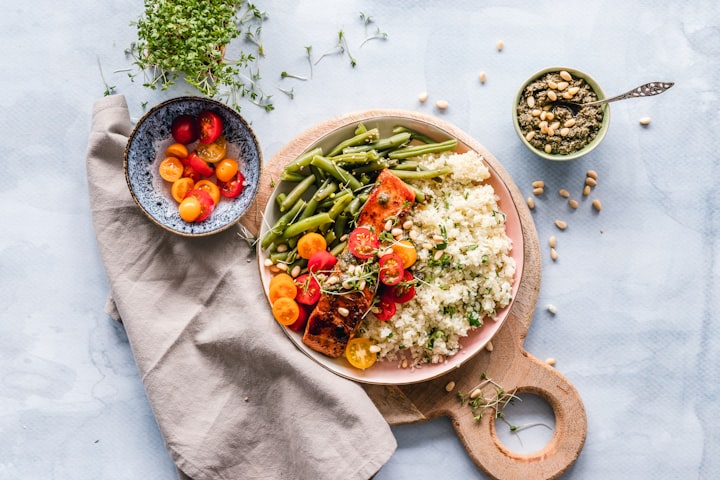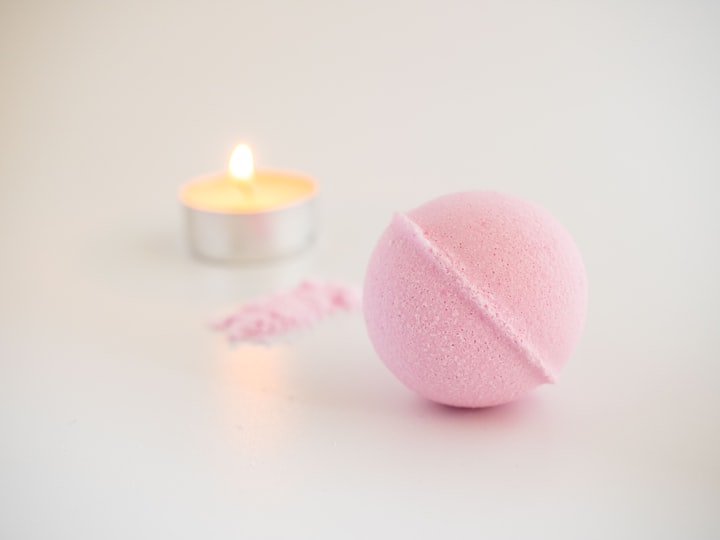Sleep-Friendly Fare: 10 Nutrient-Rich Foods to Enjoy Before Bedtime
Food to eat before bed time ⌚

The choice of food before bedtime plays a crucial role in ensuring a good night's sleep and overall well-being. The right combination of nutrients can promote relaxation, enhance sleep quality, and support the body's natural sleep-wake cycle. In this article, we will explore some of the best food options to consume before bed, focusing on their nutritional properties and sleep-promoting benefits.
Complex Carbohydrates:
Including complex carbohydrates in your evening meal can promote better sleep. These carbohydrates increase the production of serotonin, a neurotransmitter that helps regulate sleep. Opt for whole grains such as quinoa, brown rice, and whole wheat bread. They provide a steady release of energy and help you feel fuller for longer.
Tryptophan is an essential amino acid that supports the production of serotonin and melatonin, hormones that regulate sleep. Foods rich in tryptophan include turkey, chicken, tofu, nuts (such as almonds and walnuts), seeds (such as pumpkin and sunflower seeds), and dairy products like milk and yogurt. Combining tryptophan-rich foods with carbohydrates helps facilitate its absorption and increases its effectiveness.
Magnesium is a mineral that plays a crucial role in promoting relaxation and quality sleep. Foods high in magnesium include leafy green vegetables (spinach, kale), legumes (black beans, chickpeas), whole grains (oats, quinoa), nuts (cashews, almonds), and seeds (pumpkin, flaxseeds). Consuming these foods before bed can help calm the nervous system and improve sleep quality.
Herbal teas have been used for centuries to promote relaxation and improve sleep. Chamomile tea is a popular choice due to its calming effects. Other herbal teas like peppermint, lavender, and valerian root tea can also aid in relaxation and prepare your body for sleep. Avoid caffeinated teas like black or green tea, as they can interfere with sleep.
Kiwi is a fruit rich in vitamins C, E, and folate, as well as antioxidants and serotonin. Some studies have shown that consuming kiwi before bed can improve sleep quality and duration. Its combination of nutrients and antioxidants may help regulate the sleep-wake cycle and promote a more restful sleep.
Bananas are a great source of potassium and magnesium, which help relax muscles and regulate sleep patterns. Additionally, they contain vitamin B6, which supports the production of serotonin and melatonin. Eating a banana before bed can help promote relaxation and improve sleep quality.
Cottage cheese is a protein-rich food that contains tryptophan and calcium. The combination of tryptophan and calcium can enhance the production of melatonin and promote a deeper sleep. Opt for low-fat cottage cheese to keep the calorie content in check.
Almonds are packed with healthy fats, magnesium, and tryptophan, making them an excellent choice for a pre-bedtime snack. They provide a good source of sustained energy while also supporting relaxation and sleep.
Dark chocolate, particularly varieties with a high percentage of cocoa (70% or more), can be a healthy pre-bedtime treat. It contains antioxidants, magnesium, and tryptophan, which can help relax the body and promote better sleep. However, consume it in moderation due to its caffeine content.
Certain herbal supplements, such as melatonin and valerian root, can be used to improve sleep quality. However, it's important to consult with a healthcare professional before using any supplements, as they may interact with medications or have other contraindications.
Remember that individual responses to food can vary, and it's essential to listen to your body and find the best options that work for you. Additionally, it's recommended to avoid heavy meals, spicy foods, and large amounts of liquids close to bedtime, as they can disrupt sleep and cause discomfort. Experiment with different foods and find a bedtime routine that supports a restful night's sleep.





Comments
There are no comments for this story
Be the first to respond and start the conversation.